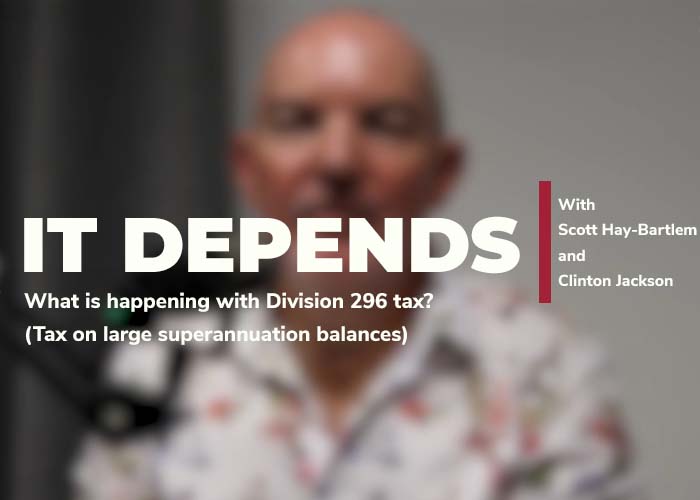In the recent case of Entello Pty Ltd v Firooztash [2016] QDC 50, a financial adviser has been restrained for up to six months from soliciting or undertaking professional services to clients of his former employer after allegedly breaching restraint of trade provisions in his employment contract.
The adviser’s employment agreement with Entello Pty Ltd contained confidentiality and restraint of trade clauses that prohibited the adviser, upon resignation, from soliciting, contracting, marketing or undertaking professional services to any clients he had dealt with while being employed by Entello.
Prior to his resignation, the adviser managed 60 portfolios, generating approximately $900,000 worth of income for Entello per year. Following the adviser’s resignation, Entello alleged that it had lost over half of these portfolios and many, if not all, were now being managed by the adviser’s new employer, Financial Grace.
Entello contacted 16 of those clients who had moved across to Financial Grace and gave evidence that out of those 16, two clients had made the decision to move their business to Financial Grace after conversations with the adviser. In hearing Entello’s application for an interlocutory injunction, Farr J agreed that the evidence provided by Entello regarding these two clients could arguably amount to solicitation. However, both clients had since denied Entello’s version of the conversations. As the other 14 clients did not raise the issue of solicitation, it was held there was insufficient evidence to find the adviser was in breach of his employment agreement on this ground.
Despite this, based on the evidence given by Entello in combination with adviser’s failure to deny providing professional services to clients that he had dealings with during his employment at Entello, Farr J found that a reasonable inference could be made that the adviser was undertaking such services to some clients in breach of his employment agreement.
It was held that the restraint of trade provisions were both necessary and reasonable and designed to protect the legitimate interests of Entello. Accordingly, Entello had established a serious question to be tried and as such granted Entello interlocutory relief.
The hearing of the matter is expected later this year.
This case is a good win for employers who wish to enforce reasonable restraints on former employees to protect their business interests.
This article originally appeared in Cooper Grace Ward’s Workplace Relations & Safety Risk Management Adviser – April 2016. Click here to download the full newsletter




